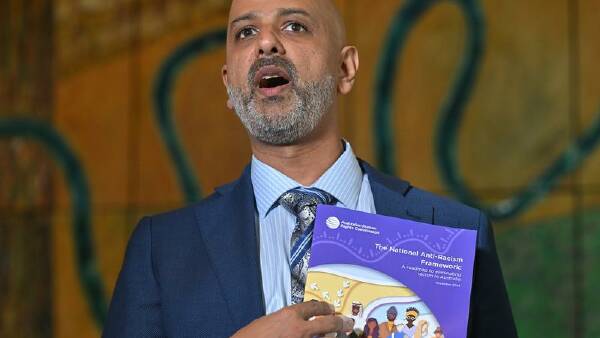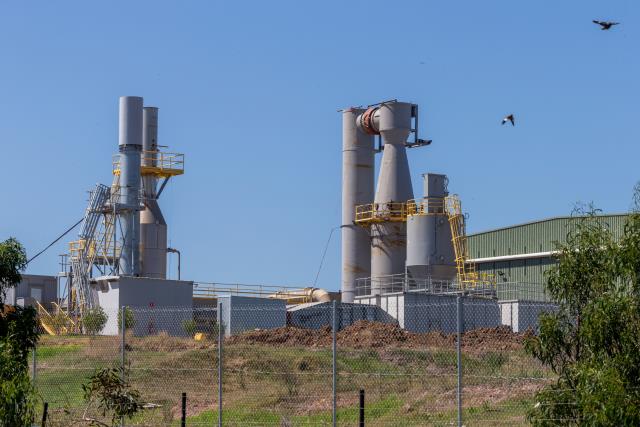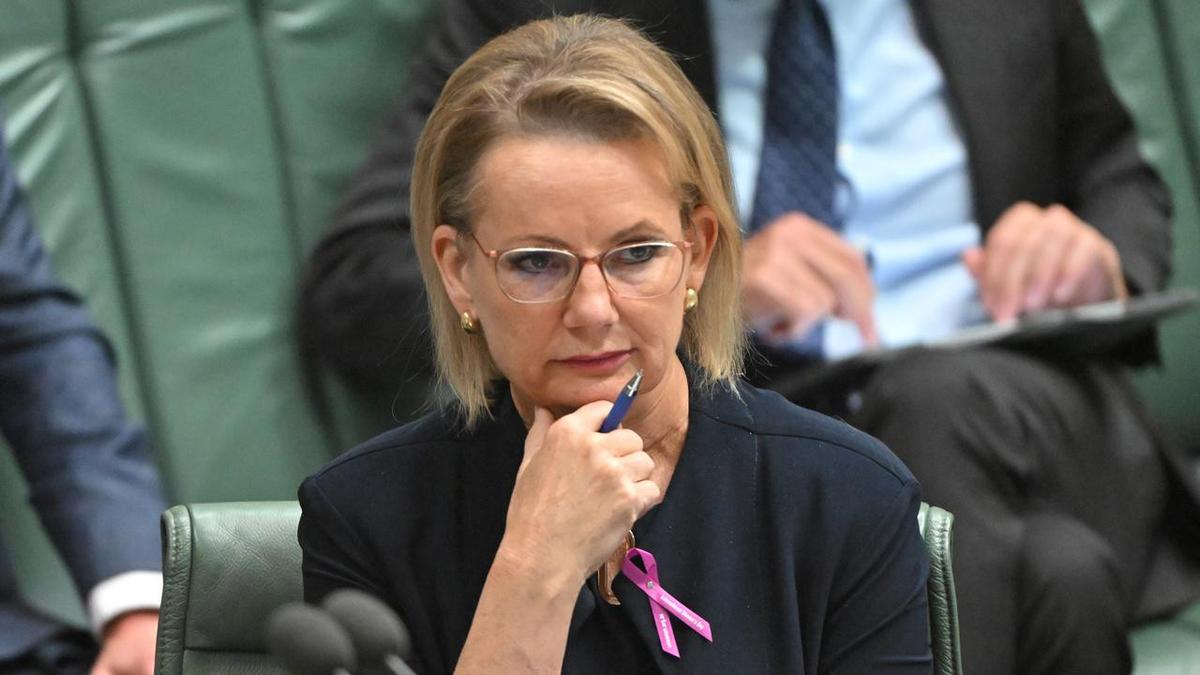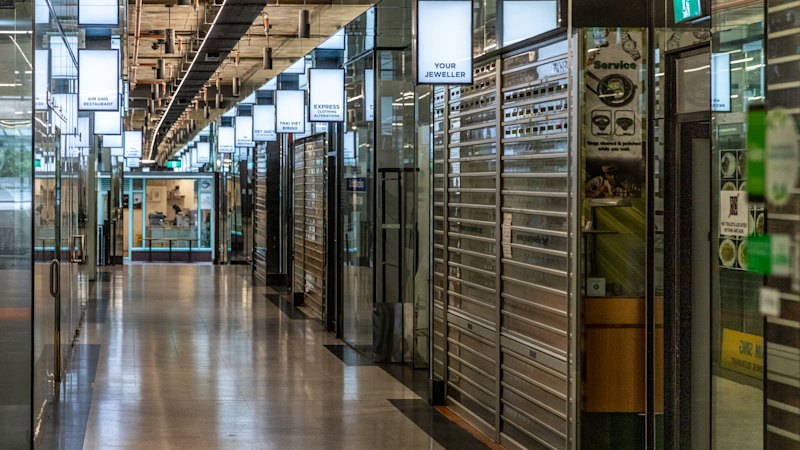
Australia’s race discrimination commissioner, Giridharan Sivaraman, has called for a comprehensive, government-wide initiative to combat racism, emphasizing that the nation’s ideal of a “fair go” is not accessible to everyone. In an address to the National Press Club in Canberra on March 13, 2024, Sivaraman highlighted the urgent need for a coordinated approach to address structural racism, which he believes hinders both individuals and the broader economy from realizing their full potential.
Sivaraman urged the Labor Party to adopt a national anti-racism framework proposed by the Australian Human Rights Commission in November 2023. This framework includes a detailed “road map” featuring 63 recommendations aimed at reforming various sectors, including justice, health, and media. He noted that systemic racism often manifests in the workplace, where candidates with Anglo-Saxon names are more likely to receive job callbacks compared to those with names from non-English backgrounds. Additionally, individuals with qualifications from non-English speaking countries often find themselves underemployed, working in roles that do not align with their experience or expertise.
“It’s the racism that’s in our systems and institutions that stops people from being able to thrive or simply be safe,” Sivaraman stated. He emphasized that addressing racism benefits society as a whole, rather than taking opportunities away from any group. “Taking action against racism doesn’t take anything from any person. It actually improves society for everyone.”
Sivaraman stressed the need for Australia to confront racism with “courage and honesty,” advocating for a conversation that delves into the root causes of persistent discrimination. He criticized previous governments’ inconsistent and fragmented approaches, asserting that addressing this issue requires targeted investment.
The recent voice to parliament referendum, held in October 2023, has reportedly led to a rise in discrimination against Indigenous peoples, according to Sivaraman. “There can be no racial justice in this country without justice for Aboriginal and Torres Strait Islanders, and that is abundantly clear,” he asserted.
Furthermore, Sivaraman pointed out that various ethnic groups often face heightened scrutiny during societal upheavals. He cited the anti-Asian sentiment that surged during the COVID-19 pandemic, as well as the recent spikes in anti-Semitism and anti-Palestinian sentiment fueled by the ongoing conflict in Gaza.
In an effort to gather data on the prevalence of racism in higher education, the Australian Human Rights Commission will soon launch an online national survey targeting university students and staff. This initiative aims to establish a baseline understanding of prejudice within Australia’s educational institutions. Participants will remain anonymous, and the survey questions will be distributed via email by universities.
The call for a unified and effective strategy to combat racism in Australia reflects a critical moment for the nation, as it seeks to ensure that the principle of equality is upheld for all its citizens.






